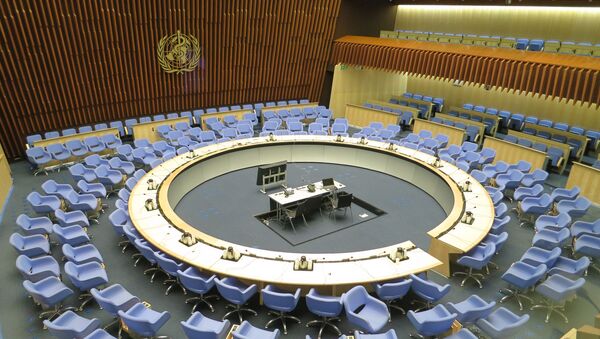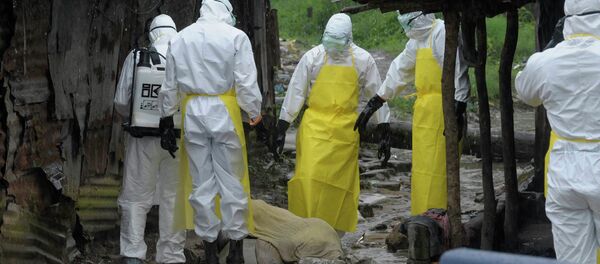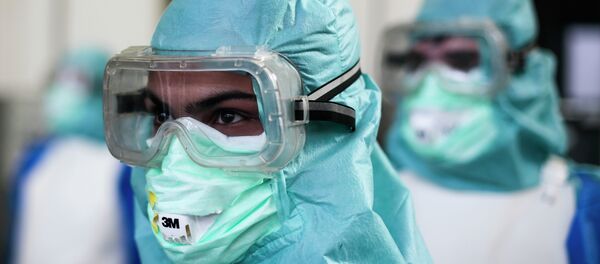"It has been decided that there will be a special session known as WHO executive board. The executive board is part of the governance of the WHO that can move more quickly than the whole plenary, so there will be a special session just dealing with Ebola later next month and it is going to look at all aspects of this issue," Steven Solomon said on the sidelines of the Vienna Conference on the Humanitarian Impact of Nuclear Weapons.
The session will deal with the most immediate problems, measures that should be taken in the long term, and ways to improve WHO capacity to deal with all future outbreaks. Moreover, strengthening International Health Regulations (IHR) will be discussed.
He also underlined that countries needed to be well-prepared to detect, report, and respond to any disease outbreak. However, the Ebola experience demonstrates that in certain areas these capacities need strengthening.
The current Ebola epidemic started in southern Guinea in December 2013 and soon spread to Liberia, Sierra Leone, Nigeria and Senegal. As of December 8, there have been 17,800 confirmed, probable, and suspected cases of Ebola, with a total of 6,331 having been killed by the virus, according to WHO estimates.



